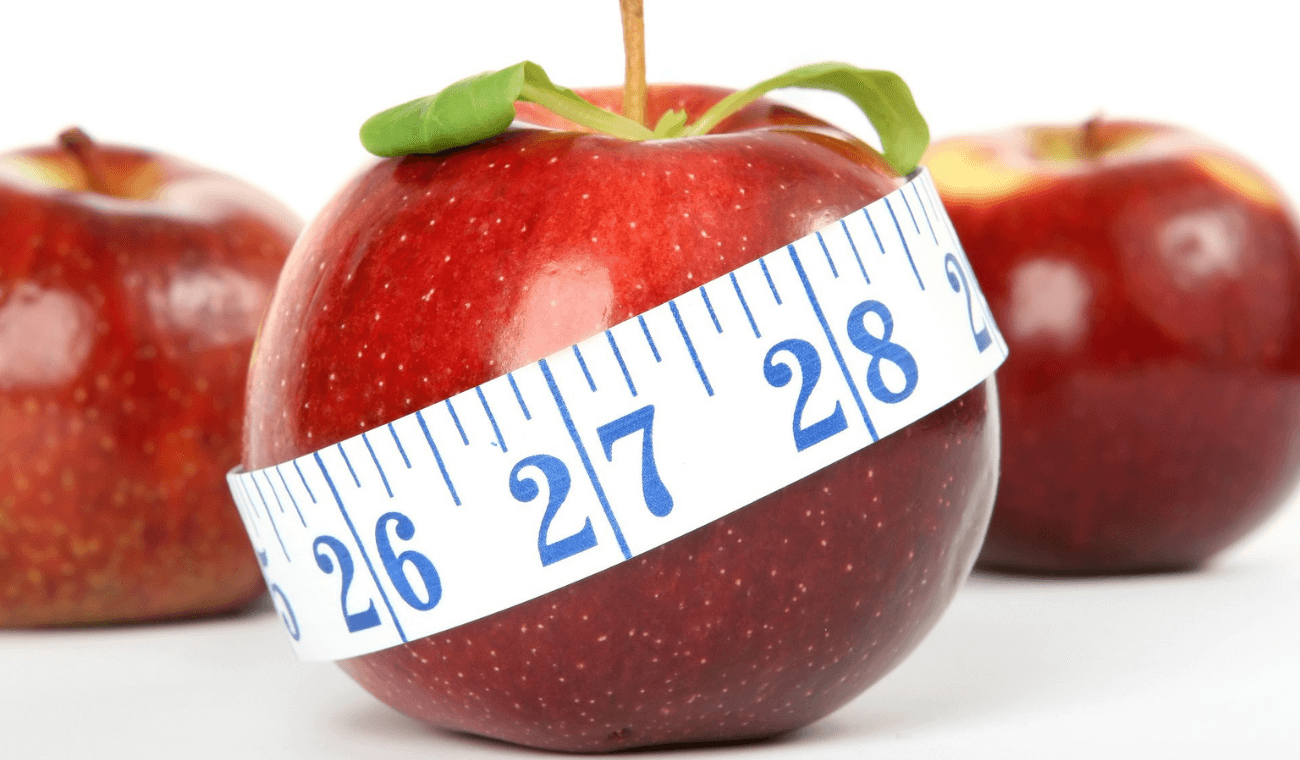There is no hard and fast rule when it comes to intermittent fasting. It essentially means a period where you can eat followed by a period where you don’t across a day. When people say they are using an intermittent fasting protocol, they are invariably following the 16:8 or 18:6 practice. This means that they will ‘fast’ for 16 or 18 hours and this leaves 6 or 8 hours to eat their food for the day.
Why is intermittent fasting so popular?
It is one of the few diets that exist that doesn’t require you to remove any of the foods or drinks that you like. In theory you can continue to eat sweets, carbs, crisps and drink alcohol and sugary drinks. The only restriction is that you consume the foods within a set timeframe.
How do people get good results from it?
Simply put, most people eat in five different blocks:
- Breakfast
- Mid morning or mid afternoon snack
- Lunch
- Dinner
- After-dinner snack
If you are restricting your calories to just 6-8 hours, there is no conceivable way you will have all five eating opportunities listed. Instead, you’re likely to be down to 3 at most. By reducing these eating opportunities, you reduce your calorie intake. As such, you create a calorie deficit. What’s more, although you can still eat and drink the bad stuff, your body craves decent food. So, if you only have 6-8 hours to eat and atleast one of the meals has goodness within it (quality protein, vegetables) you’ll not crave the bad stuff. By the time the body would really crave the bad stuff, you’re eating time is up!
Is it another fad diet?
Yes and no. It’s a fad insofar as it receives traction in the media and amongst celebs and some people try it just before a holiday or wedding; however, it is one of the few diets that people have sustained for weeks, months and years. It is a sustainable diet. It’s a diet where you don’t need to sacrifice any socialising – for instance, if you are planning a night out, you make sure that your 6-8 hours include dinner and start the eating a little later.
Risks of intermittent fasting?
The major risk is not getting enough high-quality nutrients into your body. The diet itself doesn’t preclude this as there is plenty of time to eat great quality food. However, if you are determined to continue to eat crap but leaving yourself only 6-8 hours to do it, then you will be very low on all the energy-rich food sources that help with your growth, repair and recovery.
Top tips
- Focus on your first meal containing green leafy vegetables and high-quality protein
- Aim to finish your eating at least a couple of hours before bed
- Listen to your body – don’t force food down just because you can. Only eat when your body wants it within your eating window.
- Stay hydrated during the ‘fasting’ phase – drink plenty of water
- Consistency is great but it doesn’t need to be the same 6-8 hours each day so don’t let your fasting rule your social life.












